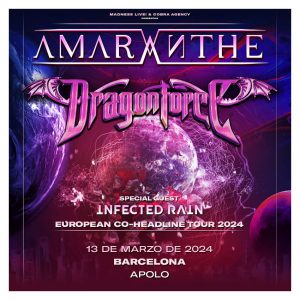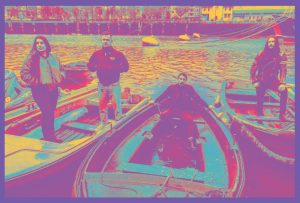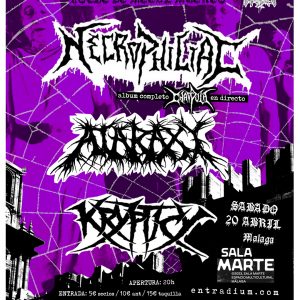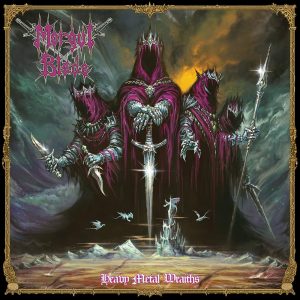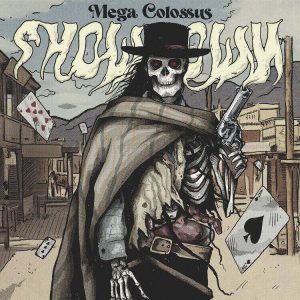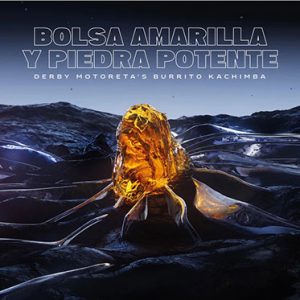BLAZE OF PERDITION (EN)
– Hello and first of all, thank you for answering our questions. How has everything been lately into the BLAZE OF PERDITION’s camp?
Dense and hectic. Lots of stress during the production, now the promo and interviews. It’s been pretty intensive lately for sure, but that’s a natural thing during promo cycle I guess, so nothing to complain about.
-You have a new album coming out, «The Harrowing of Hearts». What are some of the ideas touched on this album? How does the album’s title represent them?
We continue with our own way of self-exploration by taking a deep dive into our psyche. This time we chose to use the concept of Christ’s descent into Hell (The Harrowing of Hell) as a metaphorical journey inwards and reshaped it to suit our needs. We explore our personal shadow side as well as darker aspects of our society or humanity in general. It’s all about coming to terms with our own nature and finding one’s place in this mess called life.
– And what’s the significance and purpose of the cover artwork? It holds a lot of symbols.
It’s based on the painting with Christ’s portrayed as the fountain of life. We stripped the main character down from most of its “christian” visual aspects to give him more universal touch and as you mentioned – added some symbolism of our own. It’s all related to the duality of our nature and seeking balance by exploring both sides of the coin.
– Musically it is just a trip. Is it a sonic representation of the metaphorical trip to our inner self this album (partially) deals with?
At least I hope it is. But I wouldn’t say “just” a trip as it all holds more than just some cool aesthetic and catchy riffs. Lyrics have pretty much a therapeutic meaning for me, so I put a lot of emotional content there and music is what helps me bind those thoughts together in a proper form.
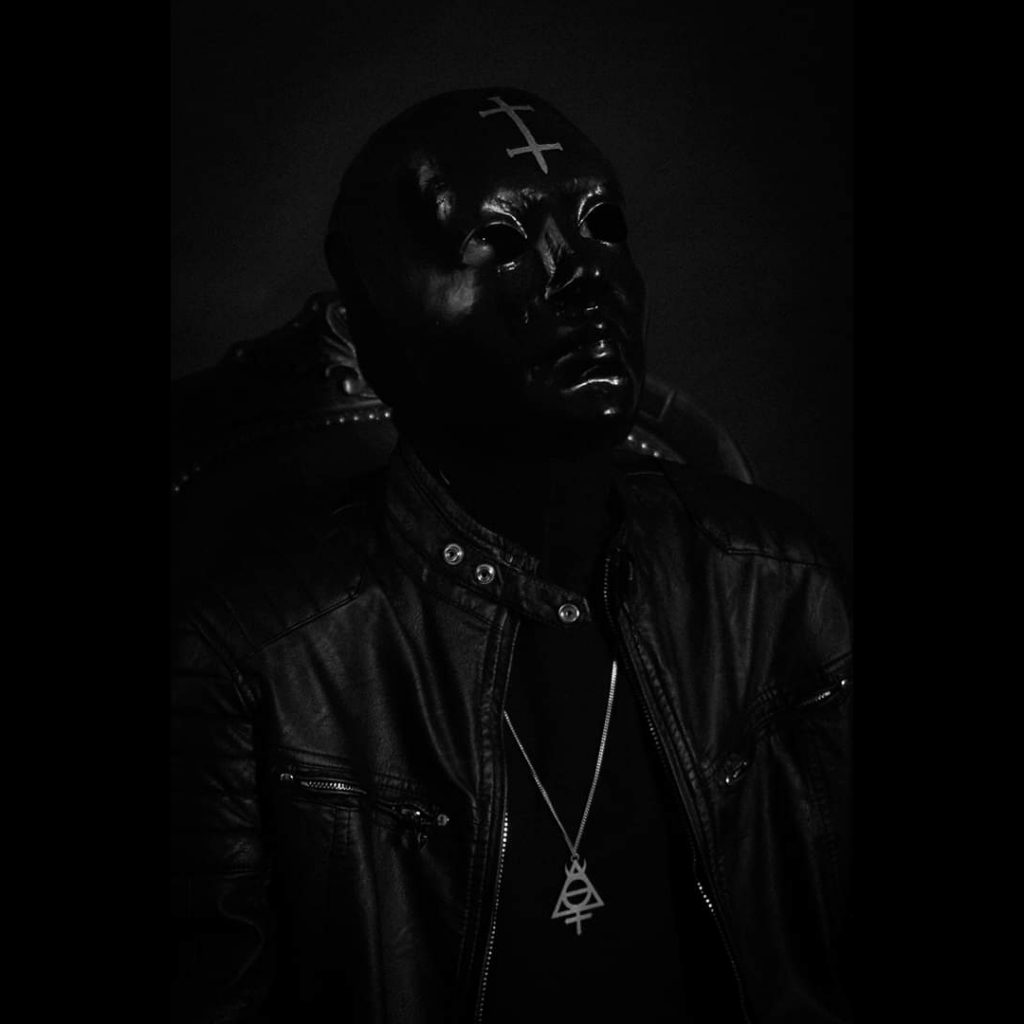
– The main idea on the album is pretty close to Jung’s idea of Shadow. The Shadow archetype can be an unconscious aspect of the personality or the entirety of the unconscious. In short, the shadow is the unknown side. Is it the Unknown what attracts you?
I’d say the unknown is what have always been attracting different kinds of art. It is what’s beyond the veil of our common life that inspires it, at least the one, which is trying to dive deeper than just throwing some cool symbols around. The unknown, no matter how we perceive it, has always been a magnetic force of influence and undrainable source of inspiration. Trying to get a glimpse of something hidden in me is hard, sometimes frustrating and not easy to come to terms with, but that’s how it essentially works.
– As one tends to deny certain aspects of one’s personality, the Shadow is mostly negative. How do you represent this with your music? This album is as dark as always but also catchier. More accessible. It is an interesting contrast. Does it fulfill a purpose?
The less we acknowledge those darker aspects of ourselves, the bigger and denser they get, eventually overwhelming us and probably finding their expression in either psychological problems or deeds we shouldn’t be proud of, or both. Near Death Revelations (and later Conscious Darkness) was a breakthrough lyrics-wise. It was then, when I’ve managed to start thinking and creating more, consciously. As for the music itself, it also allowed us to break from the artistic chains that we felt becoming to tight and restrictive, so one can say we faced our shadows both as people as well as artists.
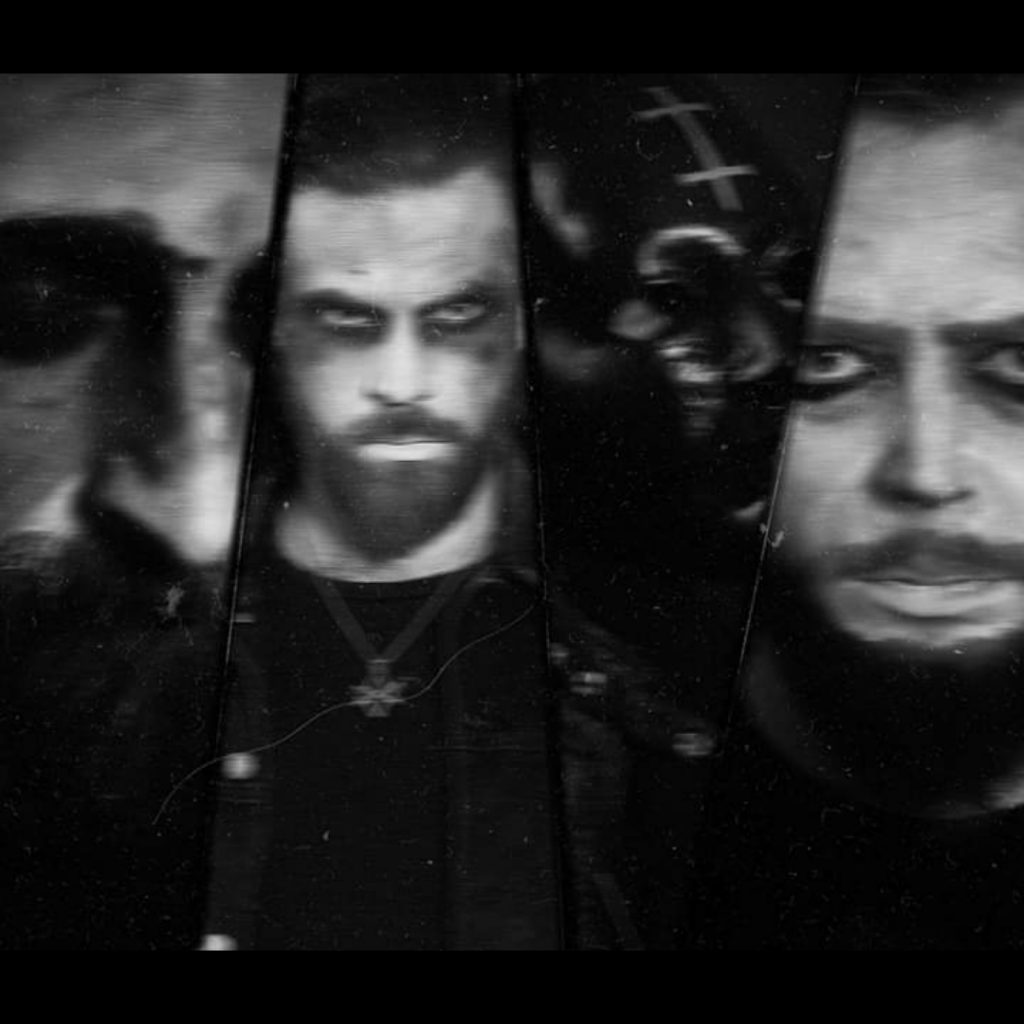
– Jung said that «One does not become enlightened by imagining figures of light, but by making the darkness conscious». It is a process. A process that can be developed almost as a magical working, in a ritualistic way. How does BLAZE OF PERDITION make darkness conscious?
That’s something I actually already answered, at least partially. I can say only for myself anyway. I make my darkness (more) conscious by my constant efforts to explore my mind through regular introspection that became a kind of my own ritual in itself for me. Then I collect my thoughts and express my findings as lyrics. You can consider it a self-therapy. It’s all very hard and sometimes heart-breaking, but that’s what it should be after all.
– Without any doubt your lyrics have been turning more personal with the years, of a more introspective nature, but always with hints from different magical systems into the Left Hand Path traditions (the Nightiside, Gnosticism, etc.). What of these currents can we find on «The Harrowing of Hearts»?
There are probably many philosophies intertwined there, but it’s almost never intentional. I try to avoid one point of view or a certain worldview to represent and I never say to myself “let’s be more LHP here and then go for something else there”. It would be pointless and hollow anyway. I just explore my mind and form my thoughts the best and the most natural way I can. Sometimes they lean towards one philosophy or religion, sometimes towards a different one. I don’t even try to control it and I often surprise myself by how close I come to a certain way of thinking with no intentions of doing it all. I think it’s the best way I can express myself honestly, when everything falls into place by itself, with no focus on one predefined path.
– Personally and spiritually you don’t head into just one direction, and your music in this album is specially diverse. Is the sound here a definition of the point you are at right now on a spiritual/personal level?
I think we can say that. We have grown and developed as people and we tend to avoid rigid foundations both in life and in our art as well. At least we are trying to. Life is never just black and white after all.
– In fact on your previous albums there was a lot of Crowley. A lof ot Thelema. And a lot of the Qliphoth. Are you looking and going further because you have matured artistically or because you’ve got to that point where you have developed your own language and found your own spiritual path after having worked with different currents?
Both. As I mentioned, some philosophical or spiritual currents should only be a pathway to finding your own language of expression and self-discovery as there is no universal one fitting each and everyone of us. From the artistic point of view we also wanted to differ ourselves from thousands of bands using the same agenda over and over to the point of all those symbols becoming devoid of any significant meaning whatsoever.
– How do these Jungian and magical ideas combine or how are they added to social criticism/philosophy (as we can find on «Suffering Made Bliss»)?
I don’t know if criticism is the right word. I’d say it’s a “commentary”. I try not to tell anyone what’s right or wrong as I’m not in position to do it. No one is, actually. The song tells a story of our more or less unconscious addiction to different kinds of suffering as a form of keeping ourselves at bay and says that spiritual, mental as well as physical struggle is a constant and very important factor of our inner growth “leading us back” to the start with every new bad experience, reminding us of our place and giving us another piece of self-knowledge. From the social perspective it points out the fact that there is no escape from not only experiencing suffering from others, but also causing it. It binds with the Jung’s idea in a way that we as a whole, as humanity, still have a lot of work to do in terms of embracing and integrating our darkness and a lot to learn as well.
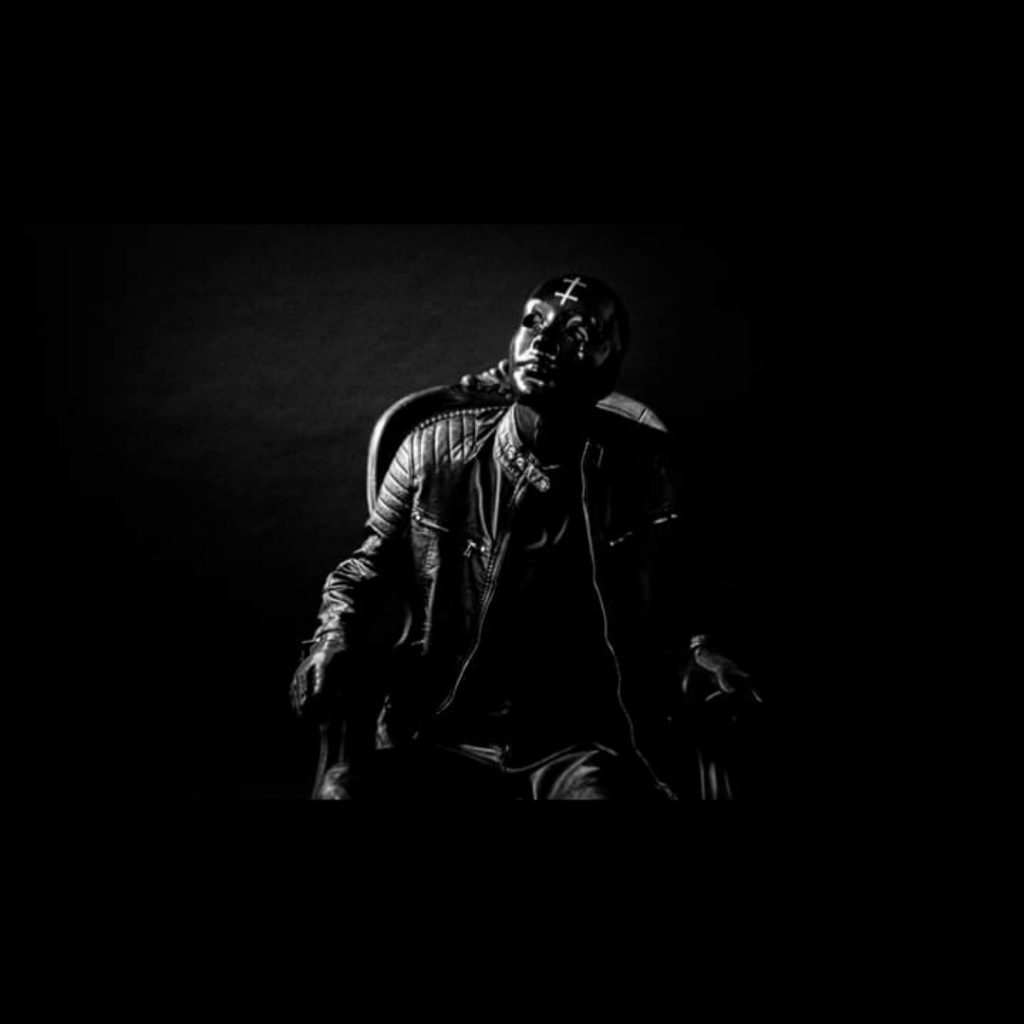
– You keep that sense of rebellion that Black Metal should be supposed to be about and you even show that with your spiritual themes going beyond Satanism, which is largely used nowadays as a simple aesthetic resource. Using these recurring topics as simple aesthetic in my book goes against that rebellion. In fact there are a lot of ways express rebellion and nowadays that the scene is more politicized than ever, are styles such as NSBM, based on traditional ideas that annul one’s invididuality, compatible with this rebellious spirit?
I don’t think black metal should have anything to do with any kind of pro-social agendas or ideologies, no matter what’s your political side of choice. Building a better world for our children is one of the the last things I’d put into a black metal song and as you said – traditional ideas go directly against my idea of one’s individualism and by that, also against black metal in the way I perceive it. What most people call tradition in Europe is based on christian sense of morality and well, that’s pretty far from black metal, isn’t it?
– With your lyrics you give room for the listener to have almost phylosophical interpretations on the world we inhabit and what surrounds us, so the album can be sense as an opus of phenomenology, or «descriptive pshychology» as Edmund Husserl described it. How apart are philosphy and spirituality from each other? Are they indivisible? As in concept, by definition, they are quite opposite fields.
I’d say they are interconnected and support each other in many ways. Spirituality is something I consider natural, a part of our minds and our needs, religion tries to code, regulate and formalize it and philosophy tries to, among others, understand it and helps us find some kind of harmony as well as our own place in it.
– All this about «The Harrowing of Hearts» being said; how could you describe it in just 3 words?
Passion, emotions and honesty
– And what are now your near-future plans? Where BLAZE OF PERDITION heading to?
Another bunch of shows, finally in different places, but I can’t tell anything yet as it’s still unofficial. Things are happening though and I hope everything is going to go the way we want it to go.
– That’s all, thank you once more for answering our questions. If you want to add some final words; feel free to do it.
Tania Giménez
tania@queensofsteel.com
